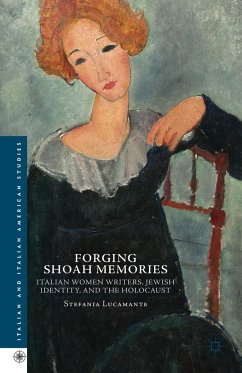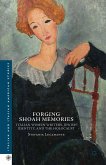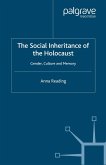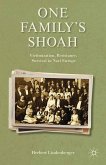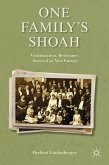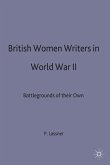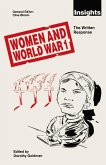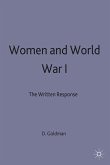Despite an outpouring in recent years of history and cultural criticism related to the Holocaust, Italian women's literary representations and testimonies have not received their proper due. This project fills this gap by analyzing Italian women's writing from a variety of genres, all set against a complex historical backdrop.
'There is a remarkable and largely unknown corpus of Italian Holocaust writing by women. Stefania Lucamante's book, the first on the topic in English, is extremely rich and articulate, as insightful in its uses of theory and history as in its intense close readings.' - Robert S. C. Gordon, Serena Professor of Italian, University of Cambridge, UK
"Stefania Lucamante's study is the first to provide a cohesive and coherent analysis of women's narrative outputs concerning persecution, deportation, and genocide in Italy. Forging Shoah Memories composes a rich tapestry of stories and unique reflections which emphasizes the experience of Jewish Italian women, still little known on the international stage, discovering their characteristics and projecting them onto the background of theoretical and methodological problems related to the larger narrative of the Holocaust. Forging Shoah Memories also represents an invaluable contribution to the debate on whether or not to applythe category of gender in the context of Holocaust Studies, a debate that Stefania Lucamante has addressed calmly and firmly, showing with her own work the need to avoid stifling the experience of women within a 'neutral universal.'' - Anna Bravo, Associate Professor of Contemporary History, University of Turin, Italy
"The boundaries between memoir writing and literary writing are thin. Thanks to her choice to write about gender in Holocaust literary studies, Lucamante moves with agility between these two genres. Her trajectory begins with the testimony of the first survivors and moves through Elsa Morante - a wonderful case study. Lucamante's exploration advances an extremely worthy critical alternative to the better known case of Primo Levi's work." - Alberto Cavaglion, Professor of History of Judaism, University of Florence
"Stefania Lucamante's study is the first to provide a cohesive and coherent analysis of women's narrative outputs concerning persecution, deportation, and genocide in Italy. Forging Shoah Memories composes a rich tapestry of stories and unique reflections which emphasizes the experience of Jewish Italian women, still little known on the international stage, discovering their characteristics and projecting them onto the background of theoretical and methodological problems related to the larger narrative of the Holocaust. Forging Shoah Memories also represents an invaluable contribution to the debate on whether or not to applythe category of gender in the context of Holocaust Studies, a debate that Stefania Lucamante has addressed calmly and firmly, showing with her own work the need to avoid stifling the experience of women within a 'neutral universal.'' - Anna Bravo, Associate Professor of Contemporary History, University of Turin, Italy
"The boundaries between memoir writing and literary writing are thin. Thanks to her choice to write about gender in Holocaust literary studies, Lucamante moves with agility between these two genres. Her trajectory begins with the testimony of the first survivors and moves through Elsa Morante - a wonderful case study. Lucamante's exploration advances an extremely worthy critical alternative to the better known case of Primo Levi's work." - Alberto Cavaglion, Professor of History of Judaism, University of Florence

